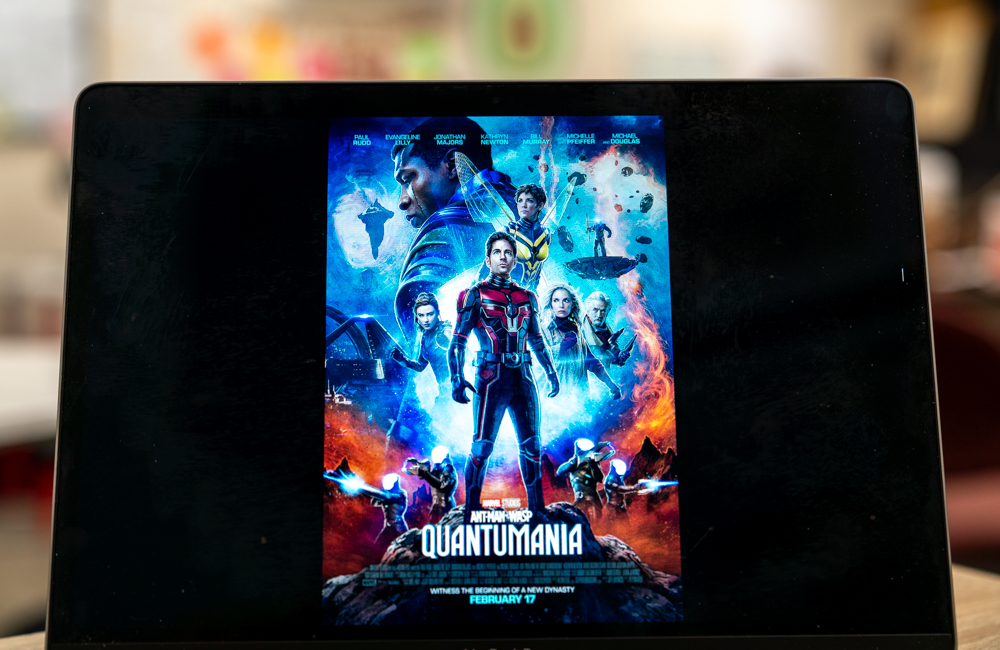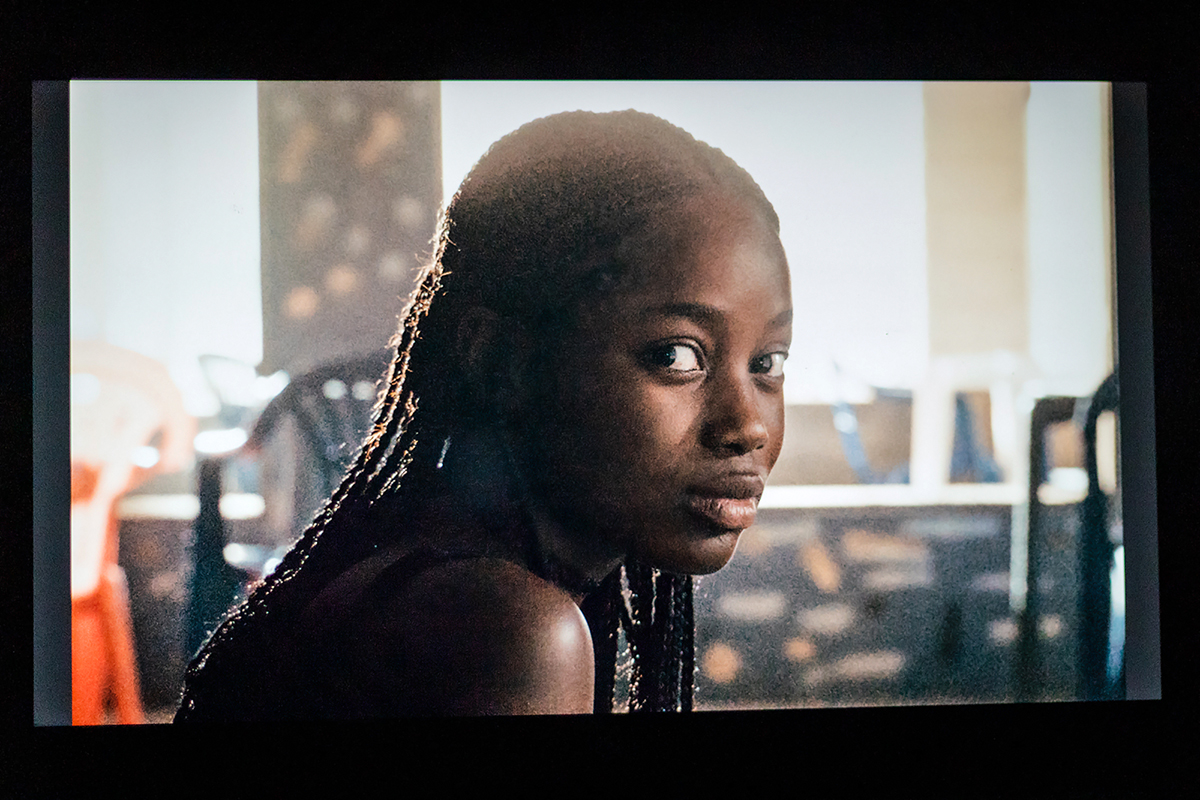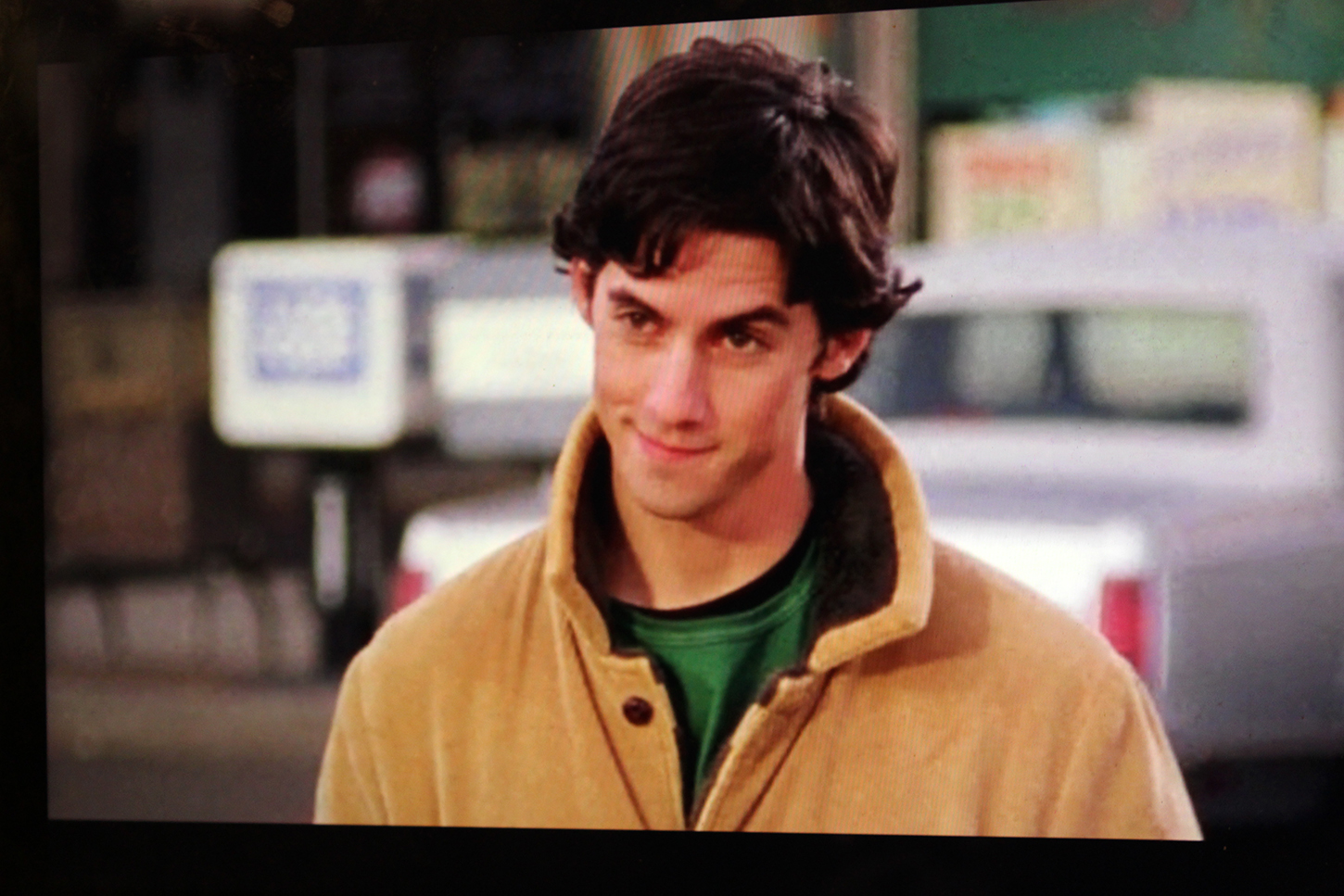Muslim-Christian relations have endured not only physical wars but theological, social and political conflicts as well, a Harvard University professor said Tuesday.
About 55 people attended Harvey Cox’s lecture “Muslims Through Christian Eyes: From the Prophet to the Present,” in the Kenmore Conference Room.
The event, which was hosted by the Boston University Institute for the Study of Muslim Societies and Civilizations, analyzed the relationship between Christians and Muslims over time.
Michael Carroll, the administrator of the BU Center for the Study of Asia and lecture coordinator, said the group “thought it would be a good idea to look through a different lens with such a world-renowned speaker.”
Cox said Christians and Muslims have had a long history of misunderstanding each other.
“It is the best of times and it is the worst of times [for Muslims],” he said. “Right after the expansion of Islam, Christians could not understand who these people were.”
Muslims expanded at the expense of the Christian empire, which increased Christian-Islamic tensions, he said.
He said Islamophobia assumed such epic proportions that European Christians even regarded returning crusaders with some skepticism because of their close contact with Muslims.
“A lot of the warriors that came to Palestine from Europe were viewed by Europeans at home as a little too friendly with the Muslims,” he said.
He explained that many Europeans feared they had become “secret Muslims.”
However, tensions between the two religions eased with everyday conversation, he said.
Christians and Muslims mused over the fact that one religion was not allowed to drink alcohol while the other was only allowed to have one wife, he said.
This kind of dialogue was the key for “a more spiritually informed movement at the grassroots level,” he said.
“[Muslim scholars are] deeply eager to widen their opportunities for conversations with Christian scholars,” he said.
At present, Christians and Muslims are “at odds with each other trying to find a common ground, and this [relationship] is so threatened by the war on terror,” he added.
Robert Hefner, a BU anthropology professor and the director of the Institute on Culture, Religion, and World Affairs, led a follow-up discussion once Cox ended his lecture.
“In the mid-1990s, great progress [toward Islam] had been made, and there was heightened interest in and respect for Muslims,” Hefner said.
However, “the United States had finally settled on Muslims as the post-Cold War enemy,” he said, citing Sept. 11 as a “serious setback” to the relationship between the U.S. and the Muslim world.
“I’m not more pessimistic, but I’m more sobered by the scale of the political challenge,” he said. “We need more small-scale dialogue.”
He said if both parties communicated more, Christians would realize that “the Muslim world itself is ahead of our perceptions of it.”
Attendees agreed that the speakers brought an interesting perspective to the table.
“It’s a relief to hear a positive point of view regarding the Middle East,” said CAS junior Andrew Pate.
“It’s interesting to hear that the divide between Islam and Christianity is not all theological, but political,” added CAS senior Jacob Geller.





















































































































